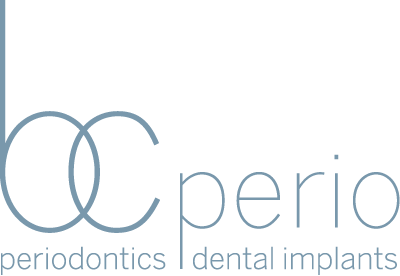Before we jump into some frequently answered questions about dental implants, let’s clarify exactly what they are. A dental implant is an artificial tooth root that is surgically placed in the jaw. After the implant has successfully integrated into the bone, a dental crown or bridge will be attached to complete the tooth replacement process. These prosthetic teeth are the closest restorative option to natural teeth in both form and function. If cared for properly, they can last a life time.
Can I have more than one dental implant?
Yes, you can. Dental implants can replace a single tooth or multiple teeth. Dental implants closely resemble natural teeth and offer many benefits when compared to other tooth replacement methods.
What are dental implants made of?
The post, which acts as the root, is composed of titanium. The crown, which sits above the surface, can be made of porcelain or other materials.
Do dental implants affect neighboring teeth?
No, dental implants do not damage or affect neighboring teeth. Actually, dental implants support neighboring teeth and help prevent future tooth loss. When people lose adult teeth, the bone in that area slowly starts to deteriorate. When a dental implant is placed, it stimulates circulation and bone growth in a process called osseointegration. The jaw bone fuses with the titanium implant making it a permanent structure in the oral cavity.
Are there diet restrictions with dental implants?
No, there are no diet or lifestyle restrictions with dental implants. You can immediately resume normal activities and enjoy any foods you like.
Can I have dental implants placed if I’ve had gum disease?
Yes, you can. However, gum health is vital to successful placement of the implants, so it may be necessary to visit a periodontist to ensure optimal gum health. If gum disease is present, it will first need to be treated.
Caring for dental implants is like caring for natural teeth. It may be necessary to undergo regular check-ups at the dentist and the periodontist to ensure optimal oral health and determine your best care plan. If you have more questions about dental implants or gum health, contact our office today. We are always happy to answer questions and help determine the right plan of action for you to achieve your best smile.
